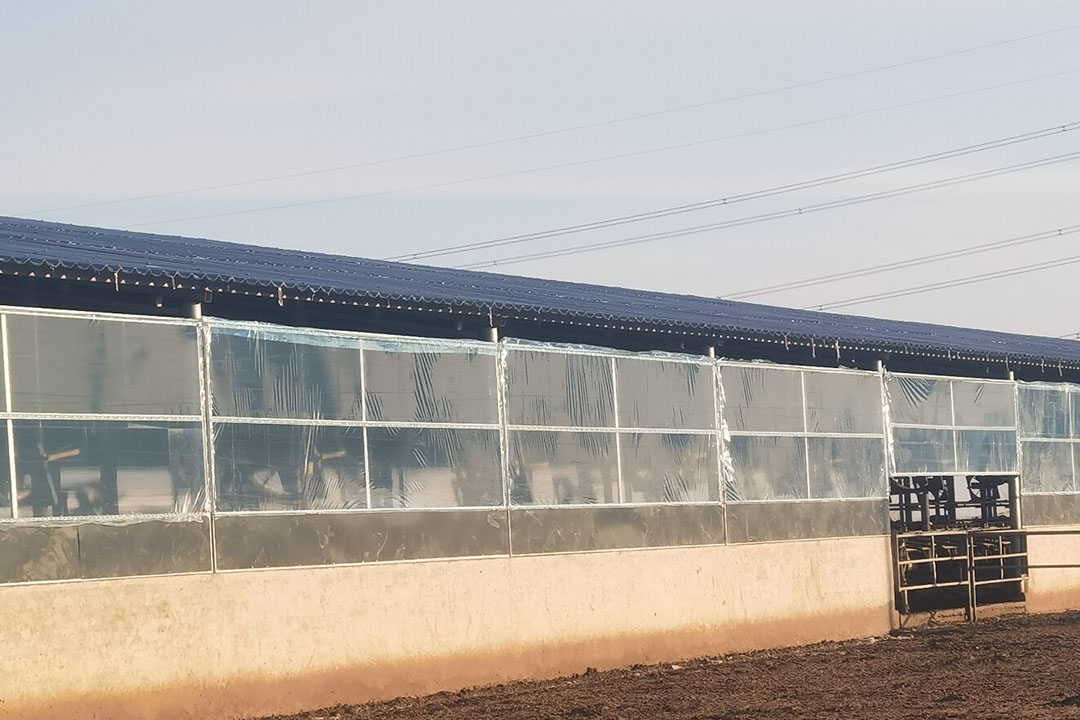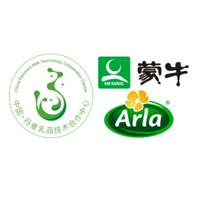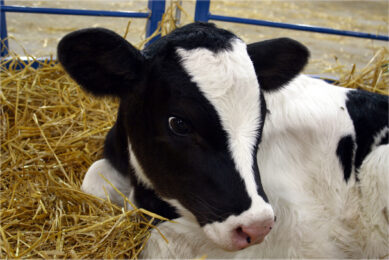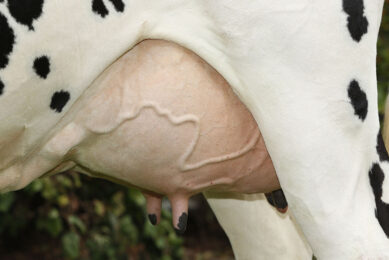How Chinese dairy farms successfully deal with cold stress
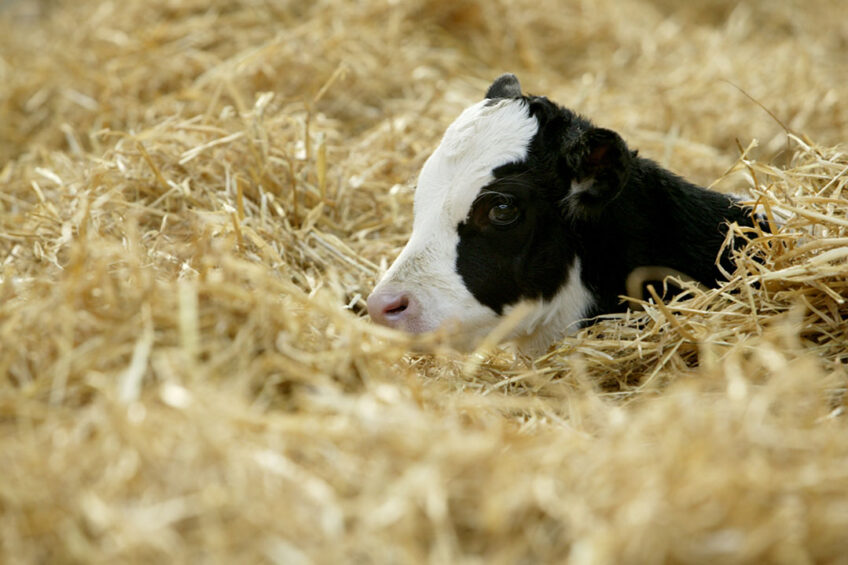
Preventing cold stress is an important part of dairy cow welfare. Recently, Chinese farmers have put more focus on cold stress prevention. This has enhanced animal welfare and has led to improved production and profitability.
During the past decades the Chinese dairy industry has made great strides in improving its dairy sector. For instance, in 2009, the average yield in China was only 4.8 tonnes/cow, but now the average yield has increased to about 8.5 tonnes/cow.
The total number of cows has also reduced over the last decade, from 12 million animals to 10 million animals. However, because of increased yields, the total production of the country has gone up. This development trend will certainly continue.
…a focus on animal welfare has led to bigger steps towards productivity.
Today, many farms in China achieve an average of over 10 tonnes/cow and some are above 12 tonnes/cow. These achievements are based not only on improved farm technology and management but also on the mindset changes of farmers and farm workers in the country. Furthermore, more and more farms are operating with a focus on animal welfare, which has led to bigger steps towards productivity.
Cold stress as a threat to dairy farming
Cold stress is one of the biggest threats to dairy farm production in some areas in China where temperature can drop to -20°C and even as low as -40°C for several days or weeks. This leads to many management challenges. Improper management in preventing cold stress in dairy cows can result in a decline in yields, an increase in diseases, and the risk of frostbite. These are just some common problems related to cold stress in China.
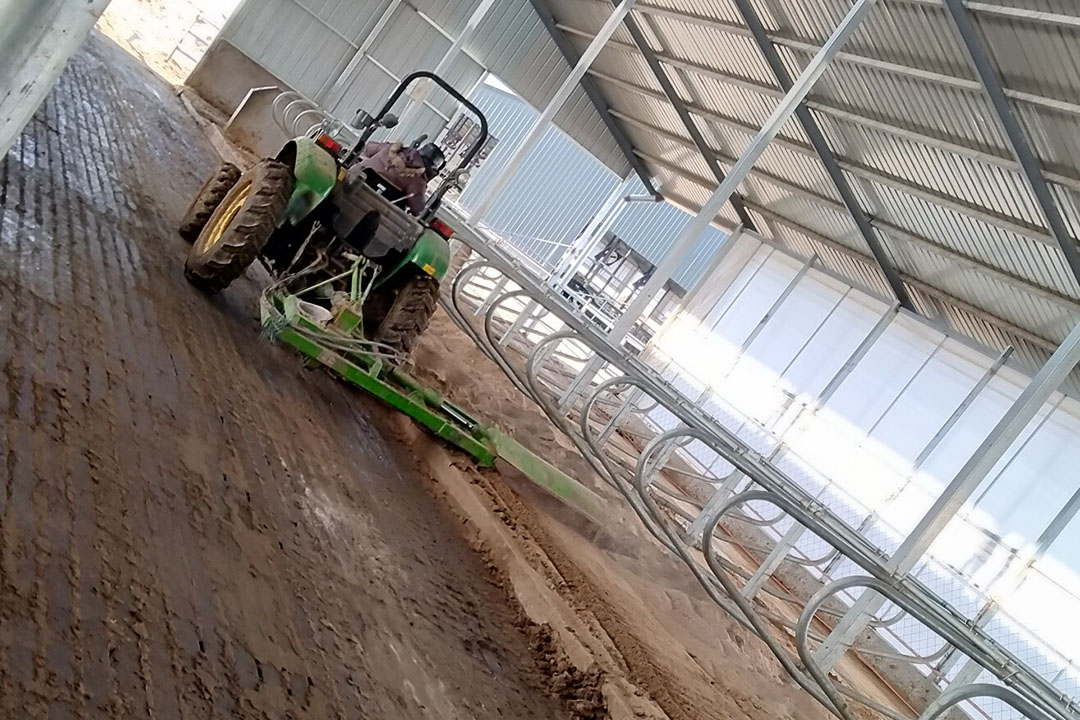
New dairy farms in northern China
In recent years, farmers in northern China have learned how to deal with the cold, and when a new dairy farm is built, the facilities are designed with extreme temperatures in mind.
Based on their experience, the following is prioritised to prevent cold stress:
- Closing the barn properly to keep the warmth inside while still maintaining good ventilation. This is a difficult task.
- Bedding maintenance must be done properly and cubicles kept soft and dry every day.
- A focus on cold stress prevention in the calving area. These ‘queens’ are offered soft bedding.
- Paying close attention to the temperature of the water and how to keep it above freezing by circulation and local heating in the troughs.
- Post-dipping to stop teat damage after milking.
- Preventing the freezing of cow passageways to and from the milking parlour to avoid any discomfort and possible injury to the cows.
- Maintain a clean outdoor area and offer protection from the wind for when cows want to go outside.
- Calves are vulnerable to cold weather. Many dairy farmers use hutches for their calves. The position of the hutches is important to avoid any unnecessary drafts.
- Nutrition helps the cows to manage the cold and there needs to be sufficient feed. The cows’ TMR should be kept at 45-50% moisture and be fed during noon compared to morning and evening. Thus, the cows’ intake is higher due to higher temperatures at noon. In addition, frozen silage must be avoided.
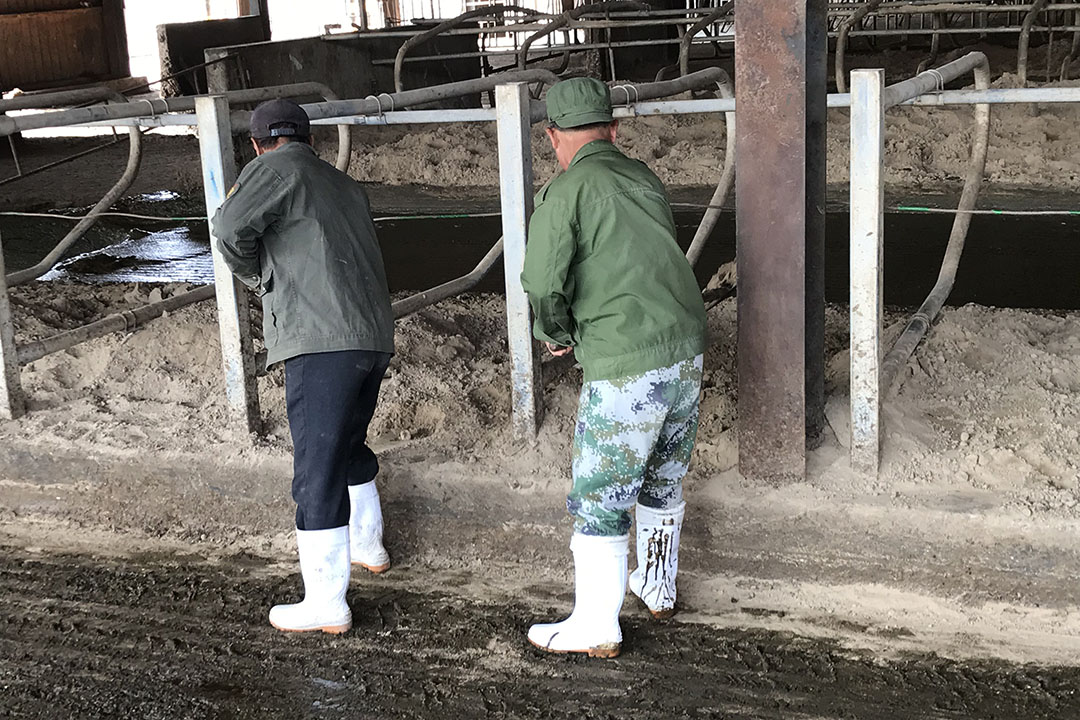
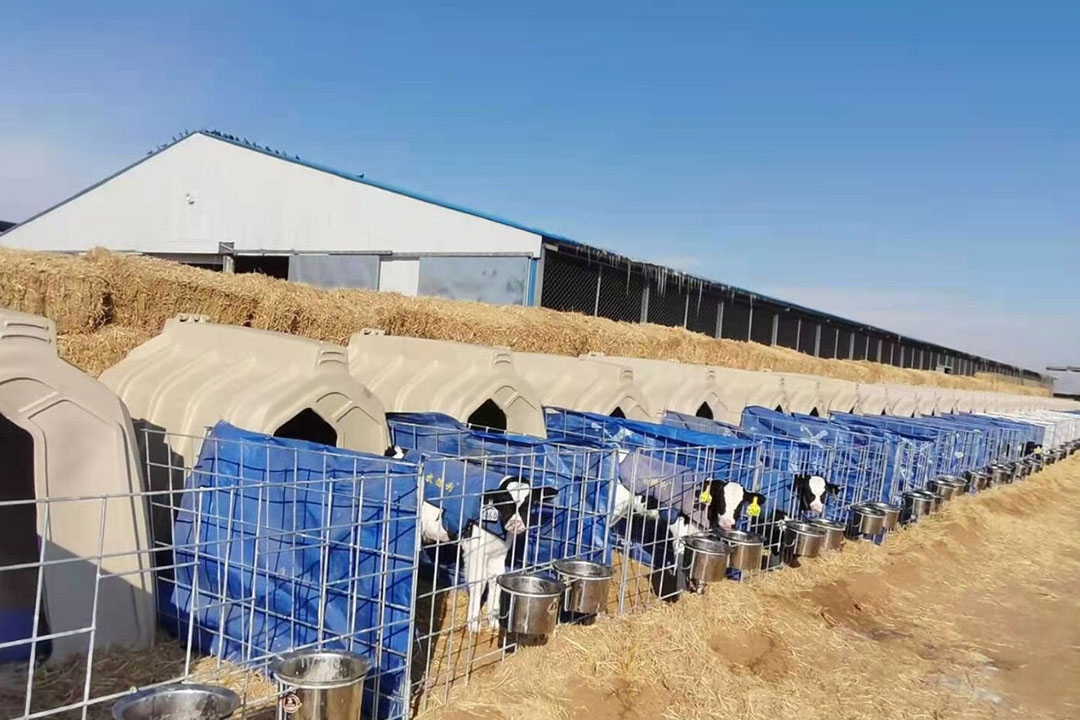
Central and southern China
The farms in the central and southern regions of China don’t typically face the same extreme weather conditions. They, on the other hand, are challenged more in the summer with heat stress. Even in the central region of China, however, more and more dairy farmers are now paying close attention to cold stress, too. Although the local minimum temperature usually reaches about -10°C, the yield of dairy cows may be affected. For farms with several thousand cows, this can have a significant impact on production.
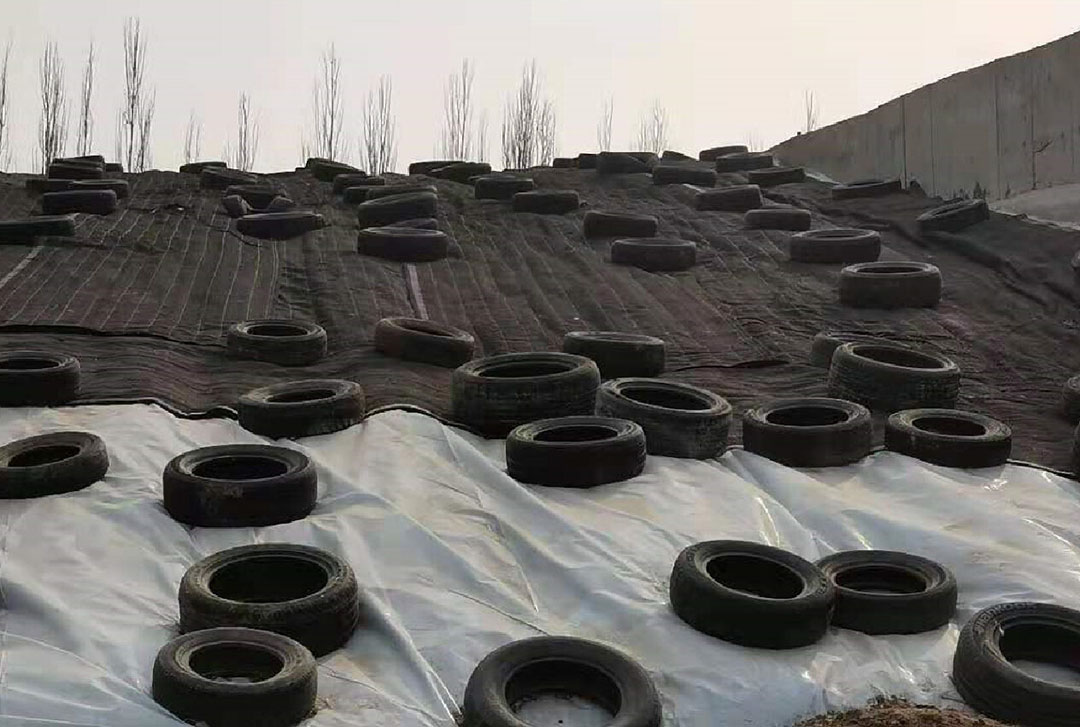
Practical experience and higher yields
With rising awareness of the importance of preventing cold stress in cows, Chinese farmers are seeing good results. This is the case with some farmers in the central and southern regions of Hebei. This province surrounds Beijing and began to implement some simple cold stress prevention measures. These included isolation of the barns via the practical plastic membrane and more focus on bedding quality in the cubicles when the temperature is low. This resulted in the farmers being able to maintain yields during the coldest period of the year with some farms even reporting higher yields than expected, up to 2 kg per day.
